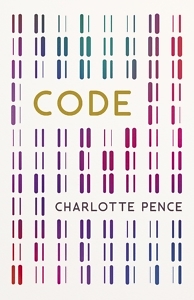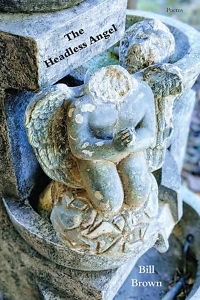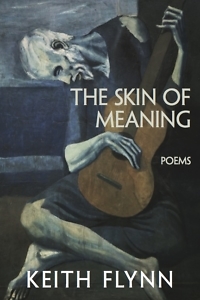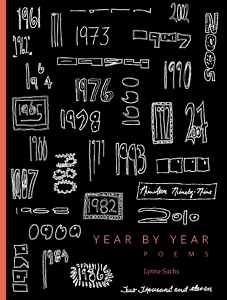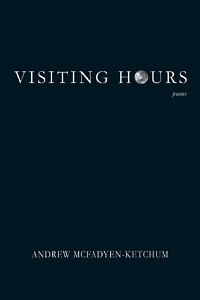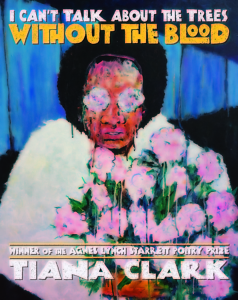“Orderly”
Charlotte Pence’s first book of poems, Many Small Fires (Black Lawrence Press, 2015), received an INDIEFAB Book of the Year Award from Foreword Reviews. Her poetry, fiction, and creative nonfiction have recently been published in Harvard Review, The Sewanee Review, The Southern Review, and Brevity. A graduate of Emerson College (M.F.A.) and the University of Tennessee (Ph.D.), she is now the director of the Stokes Center for Creative Writing at the University of South Alabama.
